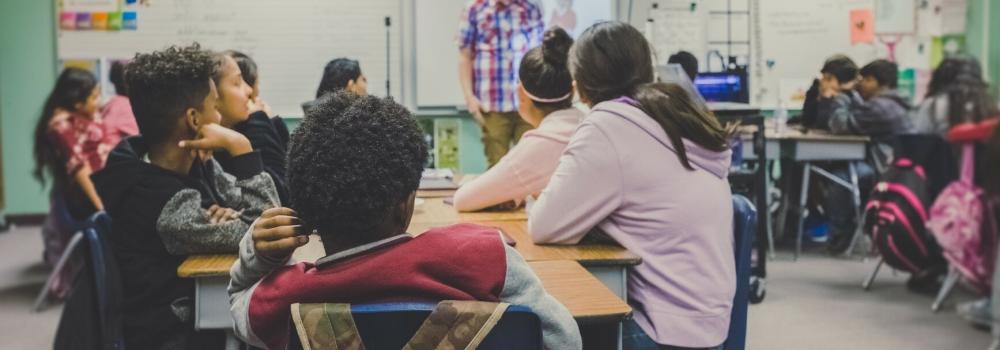A new academic year is starting and schools are preparing their school schedule and activities. In this post we answer some of the most common questions regarding the processing of personal data.

The regulations authorize educational centers to collect and process data from students and their parents or guardians, including special categories of data such as health or religious data. However, these data can only be collected when they are necessary for the performance of the teaching and guidance function.
In this post we want to help teaching staff by answering some practical questions:
Can schools post lists of admitted students on notice boards?
Yes, the centre must provide information on the students who have been admitted if there is a competitive process in which certain circumstances are assessed and scored.
However, this list may only be published on the notice boards inside the centre or on a website with restricted access to those who have requested admission. This publication must only include the final result of the scale, not partial results that may reflect sensitive data or information or reveal the family’s financial capacity.
When these lists are no longer needed, they must be removed, although the centre may retain them in case of complaints.
Can the data of beneficiaries of scholarships, grants and other public aid be published?
They may publish this information to inform beneficiaries, indicating the amount, the objective or purpose and the beneficiaries of the scholarships.
Under no circumstances should the name and surname be published together with the ID. At most, the name, surname and 4 digits of the ID will be published randomly.
If the criteria for aid involve knowing special categories of data, it is necessary to individually assess and analyse whether this could affect the person’s private sphere, in the event that, for example, their economic capacity or their situation of risk of social exclusion is revealed.
When these lists are no longer needed, they will have to be removed.
Can the student menu be posted in the school cafeteria?
The different menus can be published, since there may be students with special dietary needs for health or religious reasons, but without there being a list with the names and surnames of the students and their corresponding menu.
The centre may use these lists for its internal dining service, but without publicising them.
Can school grades be made public?
Students’ grades must be provided to students and their parents. In the case of communicating them through educational platforms, only the students themselves, their parents or guardians can have access to them.
However, it would be possible to communicate the student’s situation in the classroom environment, for example, by showing his/her grade compared to the average of his/her classmates.
Can schools capture images of students during school activities?
Schools are authorized to record images as part of their educational function, but they must have the consent of the interested parties or their parents or guardians for other purposes, such as promoting the school or its activities.
It is also possible to take pictures of students at school events for the sole purpose of allowing parents to have access to them. Access must be secure, with prior identification and authentication. We remind you that those who access the images cannot publish them on the Internet.
Can a teacher record images of students for a school activity?
Teachers, in the development of programming and teaching, may carry out exercises that involve recording images of students, but they may only be accessible to those involved in said activity, their parents or guardians and the corresponding teacher.
In no case may it be openly disseminated on the Internet. In the event that this occurs, the data controller is the centre itself or the educational authority.
How can the Wellbeing Coordinator help combat digital bullying?
The welfare coordinator of educational centres has among his or her duties the obligation to inform the AEPD of any unlawful processing of students’ personal data.
The Agency has a Priority channel to report the unauthorized publication on the Internet of sexual or violent content (photographs, videos, audios or information that identifies people) and request its urgent removal.